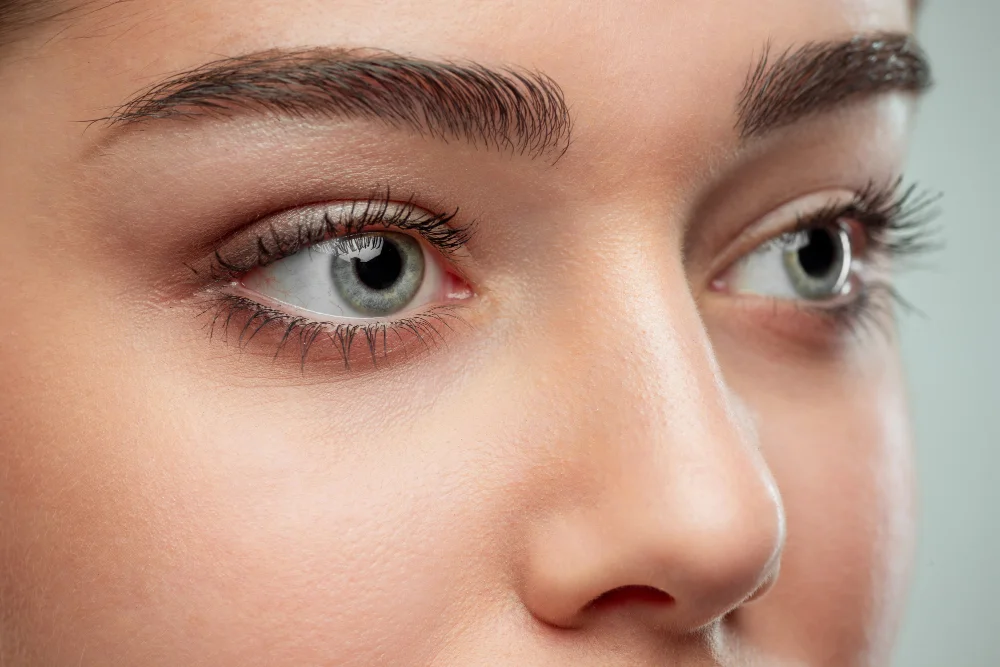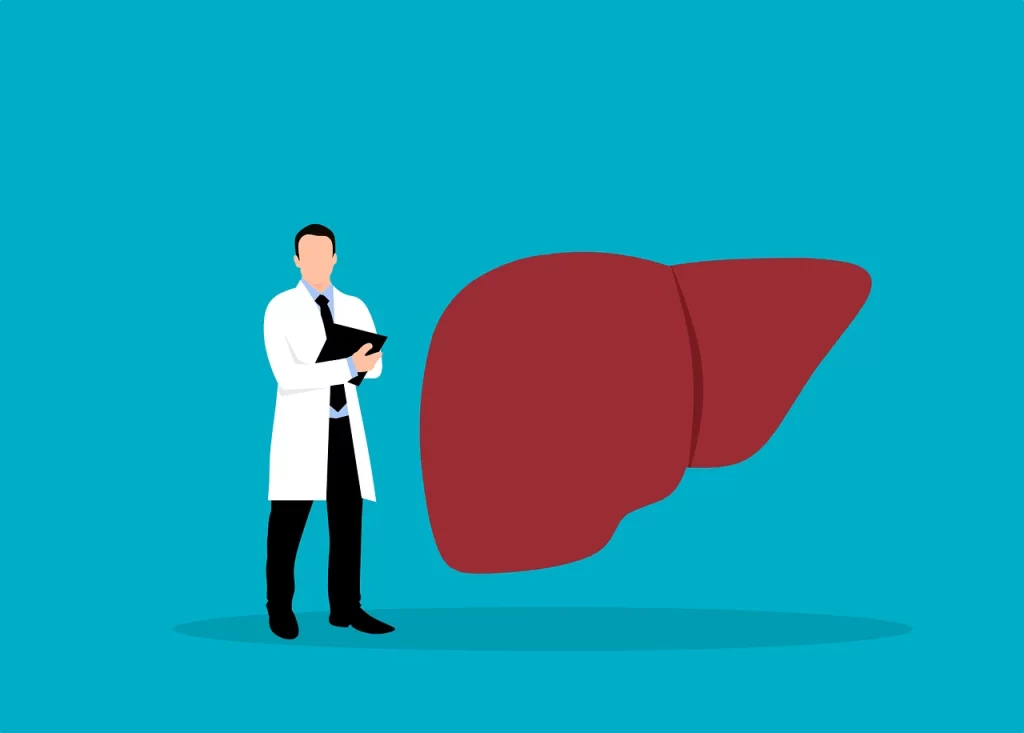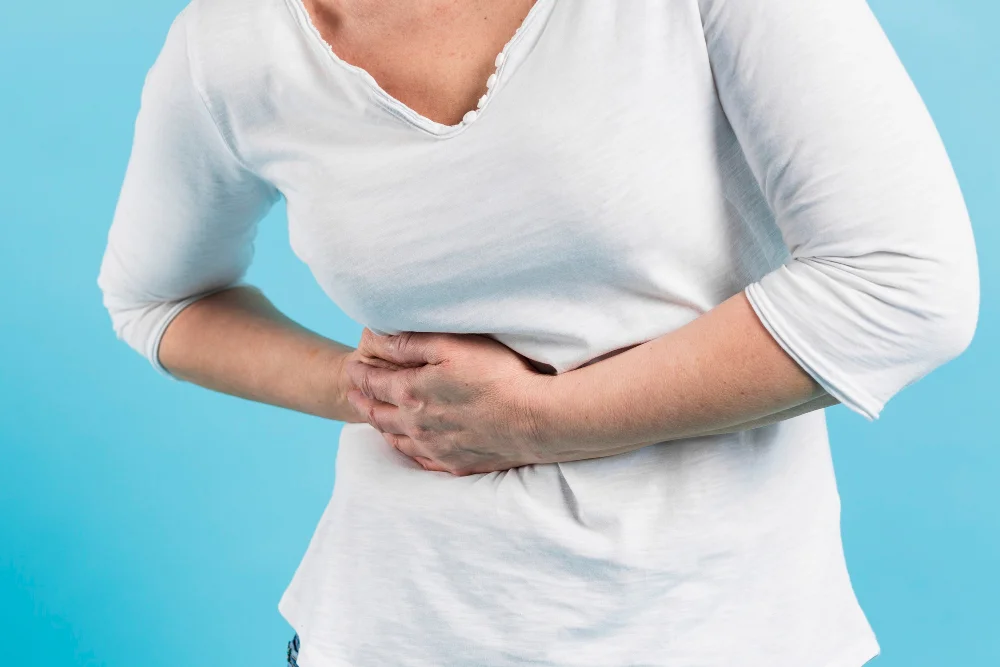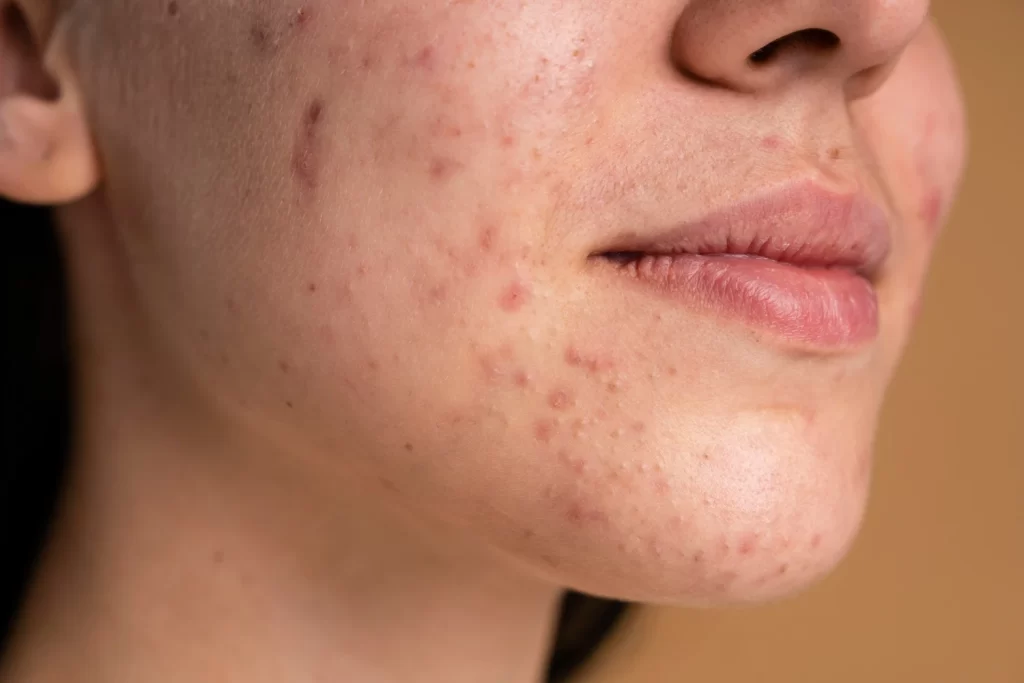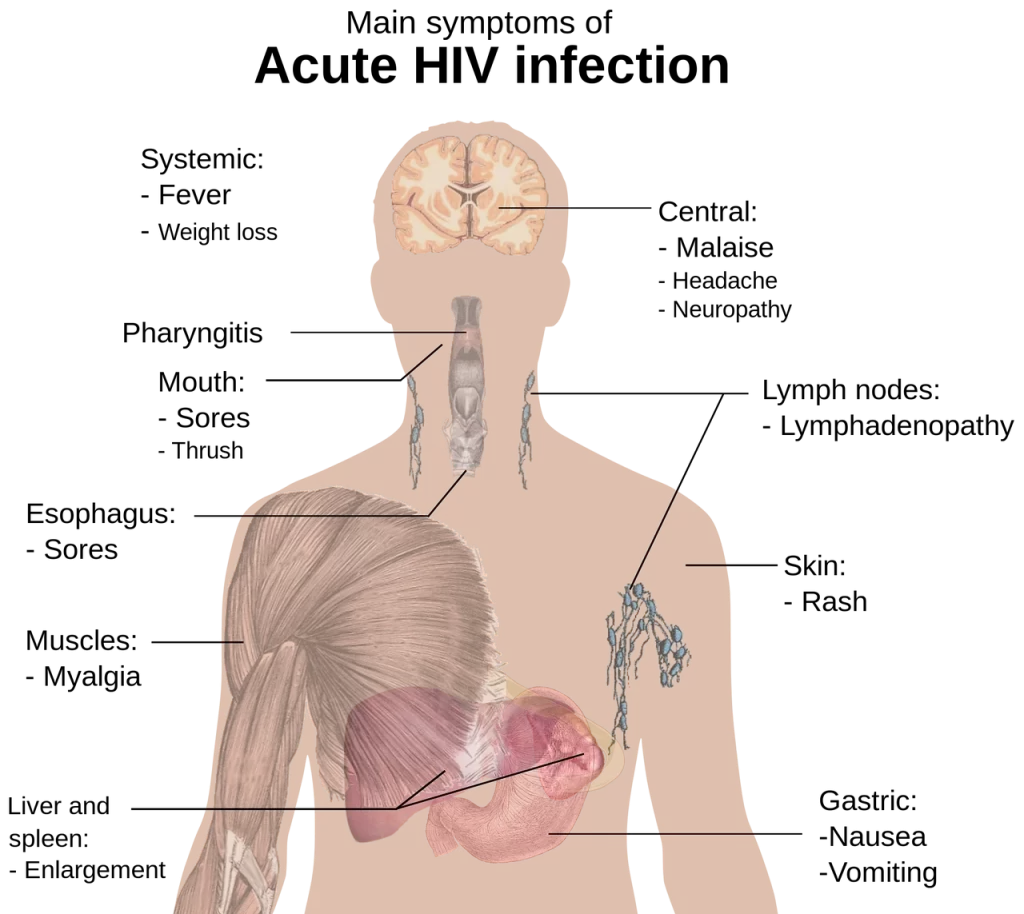
According to the American Liver Foundation, one in 10 Americans has some form of liver disease. many people are familiar with common liver diseases such as hepatitis and cirrhosis. there are actually hundreds of different types of liver diseases.
In this post, we will explore the causes, symptoms, and treatments for various liver diseases.
We hope that this information will help you better understand your condition and make informed decisions about your treatment.
1. What is liver disease and what are the causes of it?
Liver disease is a general term used to describe any condition that impairs the liver’s ability to function. There are many different types of liver disease, and they can be caused by a variety of factors.
Alcohol abuse is one of the most common causes of liver disease, as it can lead to fatty liver, alcoholic hepatitis, and cirrhosis.
Other causes of liver disease include viral infections, hereditary conditions, and certain medications.
Symptoms of liver disease can vary depending on the underlying cause, but they may include fatigue, weight loss, abdominal pain, and jaundice. If left untreated, liver disease can be fatal.
A liver transplant is often the only treatment option for those with advanced liver disease. Early diagnosis and treatment are essential for preventing liver disease.
2. What are the symptoms of liver disease and how can they be treated?
Liver disease symptoms can range from mild to severe, and they can vary depending on the underlying cause.
In some cases, liver disease may cause no symptoms at all. However, when symptoms do occur, they may include fatigue, weakness, weight loss, loss of appetite, nausea and vomiting, yellowing of the skin and eyes (jaundice), dark urine, pale stool, and abdominal pain.
liver disease can be caused by a number of different conditions, including hepatitis (viral infection), cirrhosis (scarring), alcoholic liver disease, and non-alcoholic fatty liver disease.
Treatment for liver disease will vary depending on the underlying cause.
In some cases, liver disease can be cured with medication or surgery.
3. How can you prevent liver disease from developing in the first place?
While there are many different types of liver disease, they all have one thing in common: they are all potentially preventable. steps you can take to reduce your liver disease risk include:
– Maintaining a healthy weight
– Exercising regularly
– Eating a healthy diet
– Limiting your alcohol intake
– Avoiding exposure to toxins
By taking these simple measures, you can help keep your liver healthy and lower your risk of developing liver disease. If you have liver disease, it is important to talk to your doctor about the best way to manage it. There are many treatment options available, and the sooner you start treatment.
4. What is the prognosis for people with liver disease and what treatments are available to them?
Liver disease is a condition that refers to the damage or inflammation of the liver.
The liver is a large organ located in the upper right side of the abdomen that plays a vital role in metabolism, detoxification, and digestion.
There are many different types of liver diseases, each with its own set of symptoms and treatment options. The prognosis for people with liver disease depends on the underlying cause of the condition.
In some cases, liver disease can be cured with medical intervention. However, in other cases, liver disease may progress to liver failure, which can be life-threatening.
A liver transplant is the only treatment option for people with liver failure. Fortunately, with advances in medical care, the survival rate following liver transplants is improving.
5. Are there any lifestyle changes that can be made to improve the health of someone’s liver if they have been diagnosed with liver disease?”
Liver disease is a serious condition that can have a major impact on your health. If you have liver disease, there are certain lifestyle changes that you can make to improve your liver health.
First, it is important to avoid alcohol. Alcohol consumption can damage the liver and make it difficult for the liver to function properly. If you must drink alcohol, it is important to drink in moderation.
Second, you should eat a healthy diet. A healthy diet will help the liver to function more efficiently and will also help to reduce the number of toxins in the body.
Finally, you should exercise regularly. Exercise helps to improve the circulation of blood in the body and also helps to increase the liver’s ability to process toxins.
By making these lifestyle changes, you can diagnose liver disease.
Conclusion
Liver disease is a serious issue, and we’ve only scratched the surface of what can be said about it in this post.
If you or someone you know is suffering from liver disease, please seek medical attention immediately.
And if you found our post helpful and would like to see more like it, please share with your friends and family on social media – we’d really appreciate it! Also, leave us a comment below letting us know what you think – we love getting feedback from our readers.
You will also like out others articles
- 5 foods that support liver health
- 5 Benefits of a Liver Health Formula
- The 5 Worst Foods for Your Liver
- 5 supplements that can help improve liver health
- Liver disease: causes, symptoms, and treatments
- 5 signs you may have liver disease
- 5 Causes of Liver Disease You May Be Ignoring
Image by Welcome to all and thank you for your visit ! ツ from Pixabay
